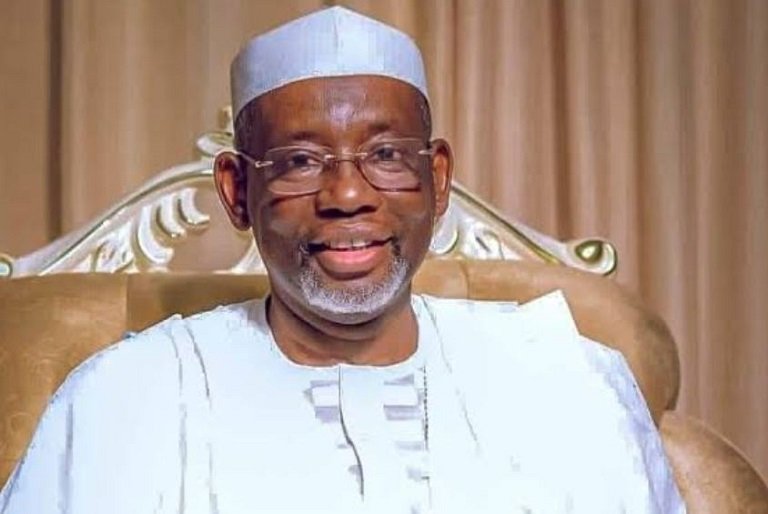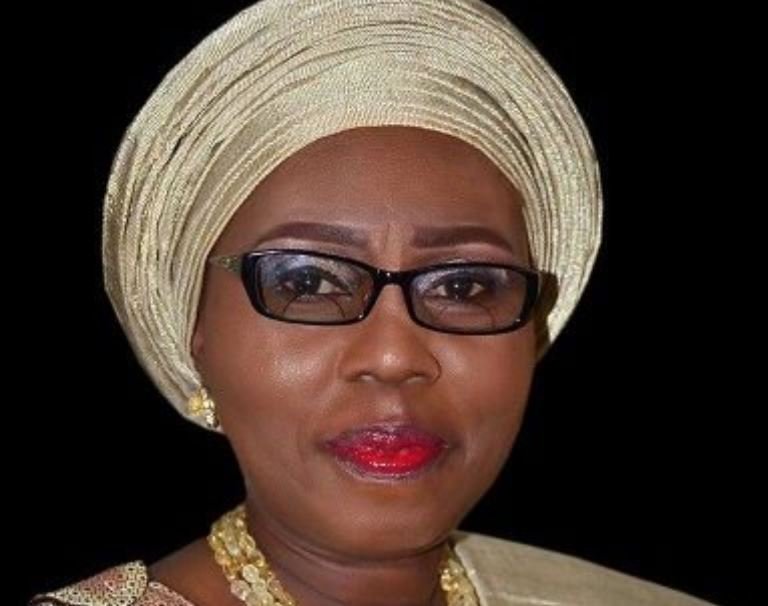Wale Edun, Nigeria’s Minister of Finance and Coordinating Minister of the Economy, has stated that the increase in revenue recorded in the 2024 fiscal year will be strategically allocated to various social intervention programs aimed at improving citizens’ living standards and addressing pressing societal needs.
According to the minister, the social investment project aims to reach 20 million people, or 60% of the poorest.
He also unveiled a comprehensive economic reform program designed to decrease inflation, create jobs, and promote growth in critical sectors of the economy.
At his October 1, 2024, address, President Bola Tinubu reported that the government’s revenue for the first half of 2024 (January to June) was more than N9.1 trillion, more than doubling the N4.06 trillion collected in the same period in 2023.
Speaking at a panel session titled ‘Fiscal Reforms for a More Secure Future’ at the 30th Nigeria Economic Summit in Abuja on Tuesday, Edun stated that the increased revenue is primarily being used to fund social programs aimed at mitigating the impact of necessary but difficult reforms that have raised the cost of living.
He said, “In terms of revenue, the number one place to look was inwards, domestic resource mobilisation. That’s where the government started. By the first half of this year, revenue had doubled.
“Aggregate government revenue was more than doubled. And that was achieved by applying technology very robustly.
“We have applied technology in a way that essentially reforms the civil service. Rather than waiting for compliance from government ministries, departments, agencies, and government companies, we looked at what the rules and regulations were, how much a company was allowed to spend on its revenue, and then how much of its surplus it had to provide to the government.
“The social investment program is spearheaded by direct transfers to reach 60 percent of the poorest in the population. And right now, 20 million households are being supported directly. And it’s going to rise to, well, 20 million people, four million households so far, and it will rise to 15 million households who will be paid directly by the government.
“That is how President Tinubu’s government is spending the money that is being yielded from better oil production.”
Edun also mentioned the government’s focus on agriculture, manufacturing, oil, and housing as vital drivers of Nigeria’s economy.
“We are looking to food production to help bring down inflation,” he explained.
“We aim to make food more available and affordable and to reduce the cost of living for Nigerians.”
According to him, interventions using direct cash transfers have already reached 4 million homes.
In the oil industry, Edun stated that the minister also highlighted the government’s strategy for the oil and gas sector, underscoring its importance in generating foreign exchange.
Edun indicated that recent reforms have sparked significant investment, including an additional $10 million from ExxonMobil and other major industry participants.
“The oil sector is our first avenue for foreign exchange and global revenue,” he stated, expressing optimism about sustained contributions from local and foreign investors alike.
According to him, these policies have prompted Nigerian firms to invest up to $4.2 billion, thereby increasing the country’s economic prospects.
The minister also mentioned other measures, such as the student loan program and consumer credit made accessible to employees to help them buy home items or convert their vehicles to cheaper, cleaner compressed natural gas fuel.
In the agriculture sector, the government is granting grants and loans of up to N75 billion to one million small and microbusinesses.
For larger enterprises, Edun stated that an additional N75 billion is being given in tranches of N1 billion per company at a 9% annual interest rate, assisting them in managing production and operations costs, particularly in light of recent foreign exchange changes that have impacted their profit margins.
“This is how President Tinubu and his government are spending the increased revenue, which has been driven by improved oil production and macroeconomic reforms that are expected to save the country five percent of GDP,” Edun explained.
“There is a broad array of social investment initiatives where these funds are being directed,” he added.











